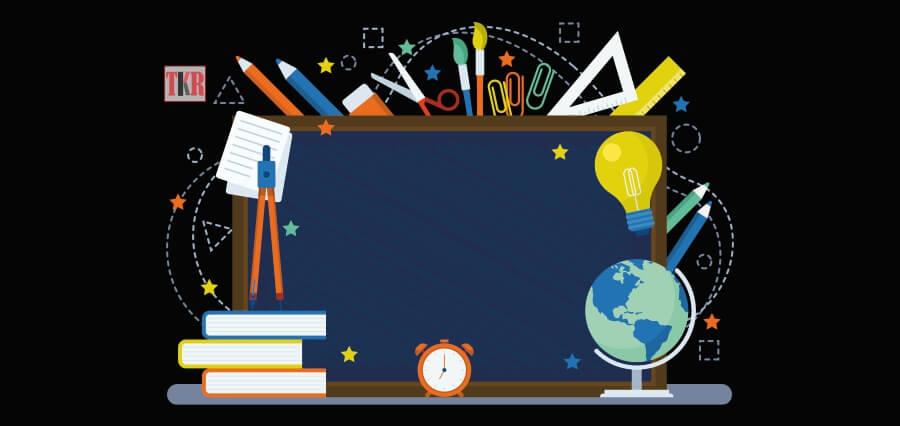At any given time, most people just talk about how the schools and educators or mentors should achieve one thing or another. The world wide web is filled with their roles and responsibility they should possess in order to create future leaders of tomorrow. However, there is a very small percentage of people that talk about what or rather who is on the other end i.e. students. There is hardly any talk about what are the roles and responsibilities of students throughout the education system. They often forget that it takes two hands to make the sound of a clap.
As far as learners go, when students take part in the school, it is most important to recognize their first duty i.e. learning. Their learning is crucial in order to participate significantly in schools. Education through active student engagement should include specified learning goals, concrete action, and consistent and in-depth reflection.
As Facilitators
Knowledge comes from studying, real understanding, and reasoning. The participation of students as learning guides and facilitators allows them to increase their commitment to education and the topic they are teaching.
As Researchers
All important ways for student’s voices are to identify issues, assess concerns, to evaluate results, and to create projects to address them.
As Planners
System design, event preparation, production of curriculum, and recruiting are part of the planning. Students’ planning may make abstract ideas and specific results real, innovative, and realistic.
As Organizers
Community organization occurs when individuals bring everything in a group together to facilitate social change. Group leaders of students work on topics of interest to themselves and their communities.They put their friends, families, and community members to act together.
As Advocates
As students advocate for their principles and recognize the importance of their words, they will show confidence, bravery, and potential for their families and communities.
As Evaluators
Students’voice will actively facilitate the assessment and evaluation of the effects of services, courses, events, and initiatives. Students may benefit from their perceptions that their experiences are significant markers of progress.
As Experts
The task of students to teach other students is fairly easy to understand.It is more difficult to look at new ways for students to teach adults. Student experts bring specialized expertise on certain topics, to programs and organizations which improves the capacity of everyone to be more effective.
As Advisors
Students have practical insight, know-how and can provide concepts to parents, classrooms, and educational institutions as well as to other places and events that impact them and their environment at large.
As Designers
Students engage in designing thoughtful action strategies for a variety of events, including curricula, constructing infrastructure, students and local services, and more.
As Teachers
Learners from small and large groups in all kinds of areas that promote learning for themselves, other students and educators, other adults in schools.
As Grant-Makers
Students will assess funding, administer grants, analyze performance, and carry out other parts of the grant process.
As Lobbyists
Students’ roles as lobbyists include influencing lawmakers, legislators, leaders, and others who work for them.
As Trainers
Young people can express information, concepts, experiences, behaviors, behavior, and processes through training sessions for teachers, children, and others in order to lead projects, develop collective and organizational cultures and change the world.
As Social Entrepreneurs
Once students identify a social issue, they will coordinate, create, and execute undertakings that transform the schools and their societies using entrepreneurial principles.
As Paid Staff
When schools recruit students, the schools and the education system will be employers. They can perform several roles in paying positions on this page.
As Mentors
Mentoring is a non-hierarchical relationship that helps to promote learning and instruction for each participant between students, adults, and students.
As Decision-Makers
The creation of classroom rules is not the only way for students to make decisions. Students may be members of the school board, members of the curriculum committee, and play a wide variety of different positions across schools in formal and informal decision-making processes.
As Students as Activity Leaders
Students can encourage, educate, guide, direct, and lead young people, and children in a number of ways as activity leaders in schools and education agencies.
As Policy-Makers
Students can improve, maintain, strengthen, and influence the outcomes by performing research, preparing, writing, and reviewing education guidelines, legislation, laws, and other policies.
As Recruiters
Students build up passion, inspiration, or help their peers and others get involved, improve or do all kinds of stuff in schools and the education system as a whole.









